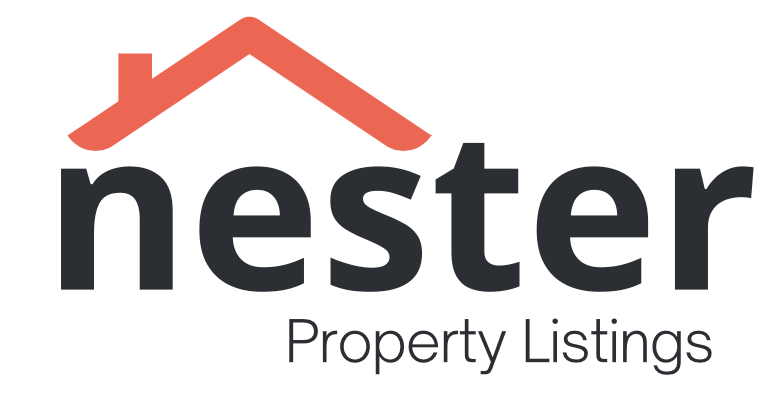Buying a house is a significant financial decision, and in Canada, many individuals are choosing to purchase a property jointly with their parents. This arrangement can offer numerous benefits, such as increased affordability, shared responsibilities, and potential tax advantages. However, there are important considerations to keep in mind when entering into such an agreement. This article will explore the benefits of buying a house jointly with parents in Canada, considerations to keep in mind, steps to successfully navigate the process, and the legal and financial implications involved.
Benefits of Buying a House Jointly with Parents in Canada
Increased Affordability:
One of the main advantages of purchasing a house jointly with parents in Canada is increased affordability. With rising housing prices in many cities, it can be challenging for first-time buyers to enter the market on their own. By pooling resources with parents, individuals can afford a more substantial down payment, which may result in lower mortgage payments and greater financial stability.
Shared Responsibilities:
Another benefit of joint homeownership is the shared responsibilities that come with it. When buying a house jointly with parents, individuals can divide the costs of mortgage payments, property taxes, insurance, and maintenance. This shared burden can alleviate financial strain and provide a sense of security, as the responsibilities are spread among multiple parties.
Potential Tax Advantages:
Jointly owning a home can also offer potential tax advantages. For example, each owner can claim a portion of the mortgage interest deduction on their income tax return. Additionally, if the property is eventually sold, the capital gains tax may be reduced if it is equally divided among the owners. It is essential to consult with a tax professional to understand the specific implications and benefits in your situation.
Considerations for Jointly Buying a House with Parents in Canada
Clear Communication and Expectations:
Open and honest communication is crucial when buying a house jointly with parents. All parties involved should have a clear understanding of their roles, responsibilities, and expectations. This includes discussing details such as ownership percentages, payment plans, and decision-making processes. A legal agreement, such as a co-ownership agreement, can help clarify these matters and provide a framework for resolving potential disputes.
Future Planning:
Joint homeownership should also consider future planning. It is essential to discuss what will happen if one party wants to sell their share or if circumstances change, such as the parents requiring additional care or passing away. Having a plan in place for these scenarios can help avoid potential conflicts in the future.
Impact on Personal Finances and Credit:
Before entering into joint homeownership, individuals should carefully consider the impact on their personal finances and credit. Being jointly responsible for mortgage payments means that any missed or late payments could affect all owners’ credit scores. It is crucial to have a comprehensive understanding of the financial implications and ensure that all parties are financially stable before proceeding.
Steps to Successfully Buy a House Jointly with Parents in Canada
-
Open and Honest Discussions: Begin by having open discussions with your parents about your shared goals and expectations. Ensure that everyone is on the same page regarding finances, responsibilities, and long-term plans.
-
Obtain Professional Advice: Seek guidance from professionals such as real estate agents, mortgage brokers, and lawyers who specialize in joint home purchases. They can provide valuable insights and assist in navigating the legal and financial aspects of the process.
-
Secure Financing: Explore mortgage options that suit your needs and financial circumstances. It may be beneficial to consult with a mortgage broker to identify the most suitable mortgage product and secure the necessary financing.
-
Legal Agreements: Consult a lawyer to draft a legally binding co-ownership agreement that outlines the rights, responsibilities, and expectations of all parties involved. This agreement can help mitigate potential conflicts and provide clarity in various scenarios.
-
Close the Deal: Once all the necessary steps are completed, including obtaining financing and finalizing legal agreements, proceed with the purchase. Remember to conduct a thorough home inspection before finalizing the deal to ensure the property’s condition aligns with your expectations.
Legal and Financial Implications of Buying a House Jointly with Parents in Canada
It is crucial to understand the legal and financial implications of jointly buying a house with parents in Canada. From a legal standpoint, a co-ownership agreement is essential to outline the rights and responsibilities of each party and to address potential issues that may arise. Financially, all parties will be liable for mortgage payments, property taxes, and maintenance costs, so it is crucial to establish a plan for budgeting and financial management. Additionally, it is essential to consider the impact on individual credit scores and the potential tax implications, such as the division of capital gains upon selling the property.
Buying a house jointly with parents in Canada can be a practical and beneficial arrangement for many individuals. It offers increased affordability, shared responsibilities, and potential tax advantages. However, it is essential to approach this decision with careful consideration and open communication. By discussing expectations, seeking professional advice, and understanding the legal and financial implications, individuals can navigate the process successfully and enjoy the many benefits of joint homeownership with their parents.

